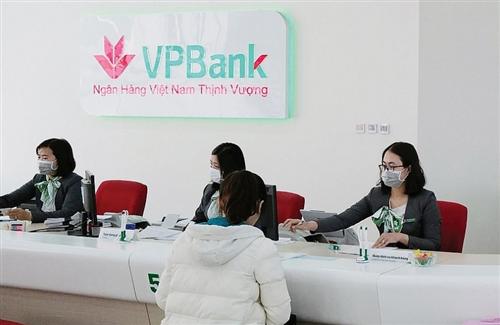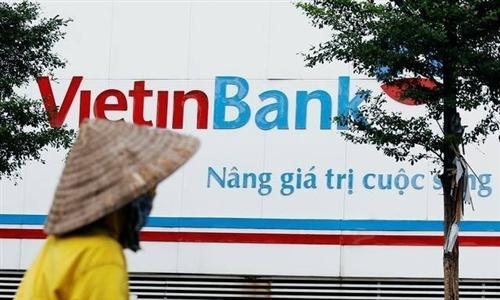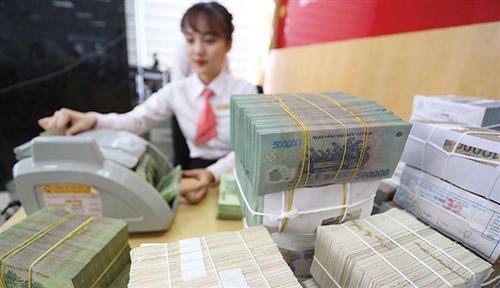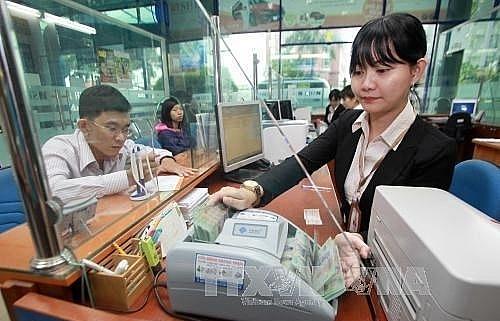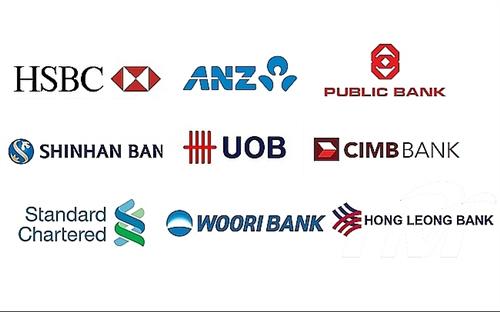Consumer finance in Vietnam charm foreign players
Consumer finance in Vietnam charm foreign players
As Vietnam has a fertile consumer finance market, more foreign players are considering joining the bandwagon by tying up with local peers.
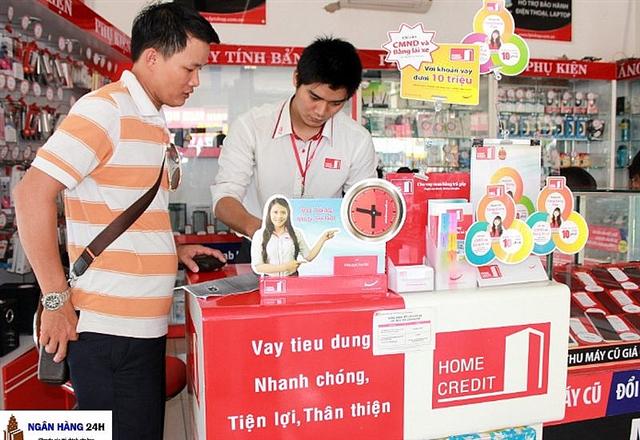
The consumer finance market grows at an average 30 per cent annually
|
Recently, privately-held Saigon-Hanoi Bank (SHB) announced selling part of its capital at its subsidiary SHB Finance to a foreign strategic partner. Albeit the deal value was not disclosed, the parent company is likely to still retain the bulk of the capital in the subsidiary.
Despite its infancy (it has been operating for less than two years), SHB Finance has reached nearly VND3.3 trillion ($143.5 million) in total asset value, 2.75 times as much as in 2018, and total outstanding balance touched VND2.7 trillion ($117 million), up 3.8 times over 2018. After nearly two years, the company posted nearly VND107 billion ($4.65 million) in profit.
Selling equity to major foreign partners will help SHB leverage the experience, management expertise, modern and professional distribution channel, as well as access cutting-edge technology to leapfrog in development and vie for a bigger market slice, according to a bank representative.
Sharing this mindset, an executive at FE Credit, Vietnam’s No.1 consumer finance company, said they have been considering joining hands with foreign partners, but the plan has yet to be realised.
Early this year, the company was approved to shift from a limited liability into a joint stock company, as well as got the green light to raise its charter capital from VND7.328 trillion ($318.6 million) to VND7.333 trillion ($318.83 million).
The company holds more than 50 per cent market share in its field and belongs to privately-held VPBank, one of the top performers in the banking sector.
According to industry experts, the shift into the JSC model would pave the way for FE Credit to offload shares in the stock market or sell stakes to outside partners, including foreign investors.
Lately, Japan’s leading retailer AEON has disclosed intentions to jump into Vietnam’s financial market.
Masaki Suzuki, chairman of AEON Financial Service Co., Ltd., at a recent meeting with Deputy Prime Minister Vuong Dinh Hue, unveiled that AEON would expand operations into financial investment in Vietnam through acquiring either foreign-backed or state-owned financial firms in the country.
Regarding Vietnam’s consumer finance market, Shibata Kenichi, senior expert at Hitachi Asia (Vietnam) Ltd. assumed that this is a robust segment with growth averaging 30 per cent annually.
“It is like Japan’s consumer finance market 30 years ago with its sharp rise in growth year after year,” he said.
Leaders of diverse consumer finance firms, in a recent talk with local media, agreed that Vietnam’s consumer finance market will continue its growth momentum albeit at a slower pace due to the implications of the coronavirus outbreak (COVID-19) as well as new policy moves.Accordingly, in November 2019, the State Bank of Vietnam enacted Circular No.18/2019 regulating the consumer lending activities of financial companies.
The circular, coming into force from January 15, 2020, consists of more stringent requirements on the operation of financial firms. For instance, financial firms must have at least VND500 billion ($21.74 million) in charter capital, and they could not lend to firms that have bad debts.
Regarding the policy factor, experts assumed that after seeing the booming development, the new policy aims to ensure the safe and sustainable development of finance companies, avoiding too-fast development that might surpass the management capacity of both state agencies and companies themselves.
Slower market growth also means providing opportunities for finance companies, particularly consumer finance firms, to restructure operations for higher efficiency.
By the end of last year, the scale of Vietnam’s consumer finance market came to around VND1 quadrillion ($43.48 billion) from just VND646 trillion ($28 billion) in 2016, accounting for 12 per cent of the country’s total outstanding balance.
This figure, according to senior economist Le Xuan Nghia, is just a drop in the bucket compared to that in many countries, regionally and globally. In the US or Europe, consumer finance accounts for 50-70 per cent of banks’ total balance.
Vietnam is currently home to 18 financial companies, including six foreign players. The government’s strong commitment to crackdown on shadow banking is expected to propel the market’s further development.



